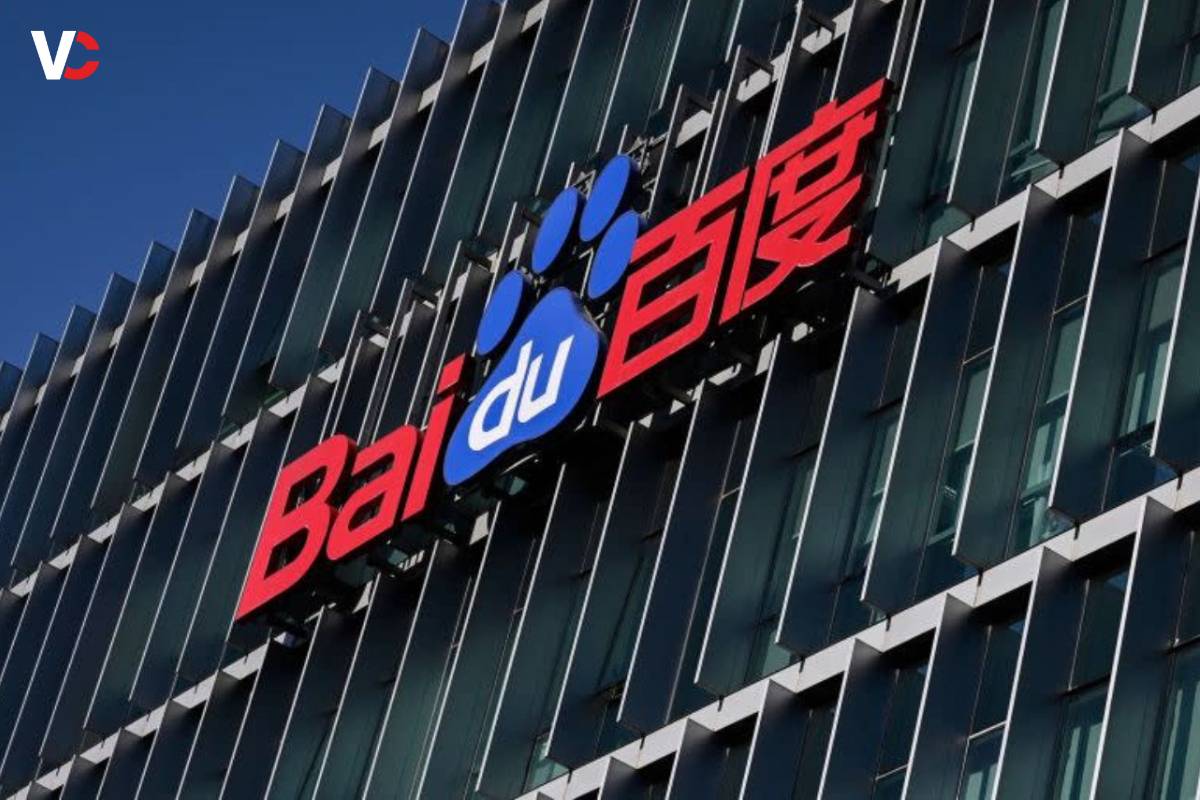Source – EMEA Tribune
Qu Jing, the former vice president and head of communications at Baidu, China’s leading search engine akin to Google, has stirred intense backlash within China due to her outspoken endorsement of a toxic workplace culture. The controversy erupted following a series of videos posted on Douyin, China’s counterpart to TikTok, where Qu candidly discussed her uncompromising work ethic and managerial style. In one instance, she berated an employee for hesitating to embark on a business trip amid stringent Covid-19 restrictions, displaying a lack of empathy towards personal circumstances. Additionally, Qu recounted her own sacrifices as a working mother, asserting that career aspirations should supersede personal obligations, a sentiment that drew widespread condemnation.
Public Outcry and Fallout
Qu’s remarks triggered a wave of public outrage, dominating discussions on social media platforms like Douyin and Weibo. Critics lambasted her aggressive demeanor and perceived insensitivity, viewing her stance as emblematic of a broader issue within corporate culture. The controversy ultimately led to Qu’s dismissal from Baidu, with internal sources confirming her departure from the company. Baidu remained tight-lipped initially, but Qu’s removal of her title from Douyin further confirmed the development. Despite issuing an apology distancing herself from Baidu, Qu faced severe backlash for her remarks, igniting debates surrounding workplace dynamics and employee rights in China’s tech sector.
Baidu Executive Quits After Reviving Toxic Work Culture Debate
Reflections on Workplace Culture and Industry Dynamics
Qu’s case underscores growing discontent among Chinese workers regarding prevalent overwork culture and cutthroat competition, particularly in the tech industry. The incident parallels previous controversies, such as Alibaba co-founder Jack Ma’s endorsement of the “996” work schedule, indicative of a broader societal shift in attitudes towards work-life balance. Analysts argue that demands for unwavering loyalty from employees, coupled with economic uncertainties, exacerbate tensions between workers and employers. Qu’s attempt to amplify Baidu’s presence on social media platforms inadvertently exposed underlying issues within the company’s culture, reflecting broader concerns about work practices in China’s evolving economic landscape.
Qu Jing’s case serves as a stark reminder of the ongoing discourse surrounding workplace ethics and employee welfare in China’s corporate sphere. As the nation grapples with economic challenges and societal expectations evolve, the incident prompts introspection regarding the balance between professional ambition and personal well-being in the modern workplace.












